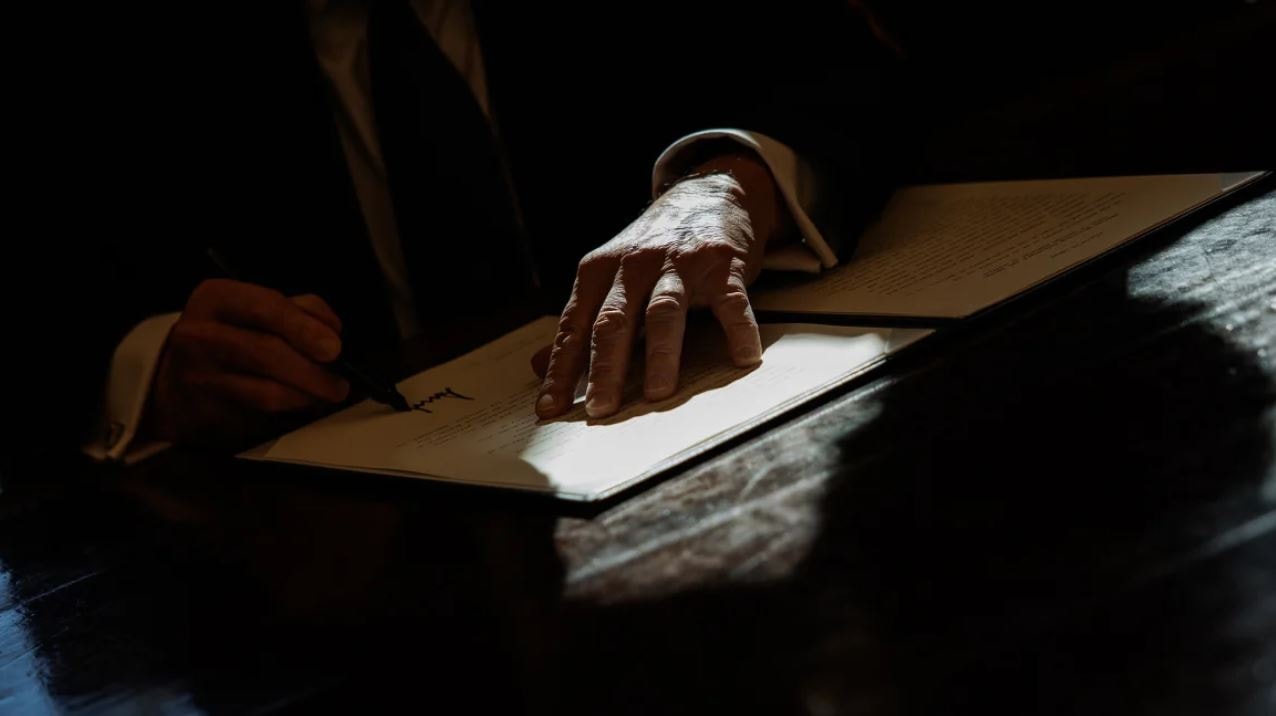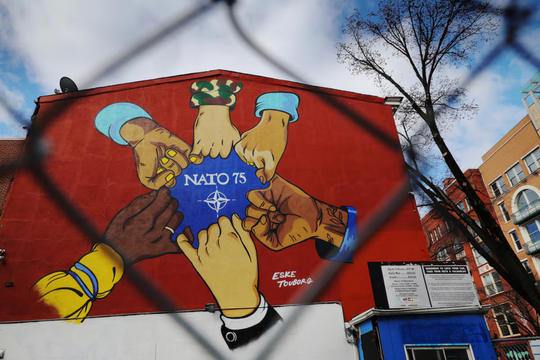Why Cracks Formed in the US Economy
America's nearly five-year economic boom is starting to show signs of age, with cracks forming that warn of a recession.

Cracks are forming in the US economy: layoffs are rising, hiring is slowing, consumer confidence is eroding and inflation is accelerating, according to CNN. One of the main causes of this situation is the uncertainty that President Donald Trump's economic policies have exacerbated.
Tariffs – especially the occasional “on-again, off-again” executive orders from President Trump – are causing confusion among businesses, consumers, and investors, and raising concerns about inflation at a time when consumer prices continue to rise again.
President Trump’s immigration crackdown threatens key industries, including agriculture, construction and health care, that are already struggling to hire. And sharp cuts to federal workers and government aid could hurt the most vulnerable Americans, who are vulnerable to skyrocketing prices.
“The number of government layoffs could be larger than expected, and laid-off workers could cut spending, leading to slower job growth in other industries,” said Gus Faucher, chief economist at PNC. “At the same time, uncertainty about the tariff outlook could cause businesses to slow hiring. And immigration restrictions could limit the supply of workers, putting pressure on job growth over the next few years.”
President Trump has delayed most of his most serious tariff threats after discussions with business leaders who criticized the tariffs as unfairly damaging their profits and the broader economy. But they will go into full effect on April 2.
Great Disturbance
According to CNN, President Trump's policies pose risks to the shaky economy he inherited. Trump himself admitted in his speech to Congress last week that tariffs would cause "a little turmoil." In an interview with Fox News Sunday, the US President refused to rule out the possibility of a recession, saying his economic plan could be difficult for some people at first.
"I hate to predict things like that," Mr. Trump said. "There's a transition period because what we're doing is so big."
.jpg)
But recent economic data shows more turmoil.
Consumer spending unexpectedly fell in January, according to the US Commerce Department. People cut back on purchases more than economists expected, falling 0.2% in the month. Adjusted for inflation, spending fell 0.5%. This was the largest monthly decline since February 2021.
According to the latest Consumer Price Index data released by the Bureau of Labor Statistics, prices in the US are on the rebound, rising 0.5% from December 2024 – the fastest pace since August 2023, resulting in an annual inflation rate of 3% in the 12 months ending in January.
Consumer confidence in February 2025 recorded the biggest monthly decline since August 2021 and the biggest drop at the start of the year since 2009.
.jpg)
Meanwhile, employers have announced more layoffs since the Great Recession and the most in any month since the pandemic, according to employment services firm Challenger, Gray and Christmas. Federal workers are being laid off, potentially disrupting local economies – at least 10,000 more federal workers are unemployed than in January.
The Federal Reserve's gross domestic product forecast predicts the US economy will likely contract this quarter. Based on its projections of economic data, it suggests US GDP may fall by an annualized rate of slightly less than 3% this quarter. The US economy hasn't had a quarter of economic contraction since 2022.
Consumers are not spending as much as before as concerns about the economy affect their purchasing decisions.
Reasons to be optimistic
According to CNN, the US economy remains strong and resilient, because it is a diversified economy and the envy of many countries, especially at a time when industrial powerhouses like Germany are struggling severely, and other economies are facing significantly higher and more difficult inflation than the US. Perhaps, concerns about an economic recession are overstated.
Many of President Trump’s policies have been good for the economy. Businesses have called for deregulation and tax cuts, and his campaign promise not to tax tips or overtime has resonated with voters. Cutting wasteful spending has also garnered significant support from a large portion of Americans, even if the methods used by the Department of Government Efficiency, which Elon Musk heads, have been controversial.
.jpg)
The big worry is that tariffs, immigration, and massive job cuts are happening. The good news, however, is that America's top economist, Federal Reserve Chairman Jerome Powell, isn't worried yet. Powell noted that uncertainty is certainly on the rise, but that doesn't necessarily mean consumer spending, which drives two-thirds of the U.S. economy, will simply dry up. Despite record low spending sentiment in 2022, when inflation is at a 40-year high, consumers are still spending.
“Despite heightened uncertainty, the U.S. economy remains in good shape. Sentiment indicators have not been a good predictor of consumer growth in recent years,” Powell said at an event hosted by the University of Chicago on March 7.






